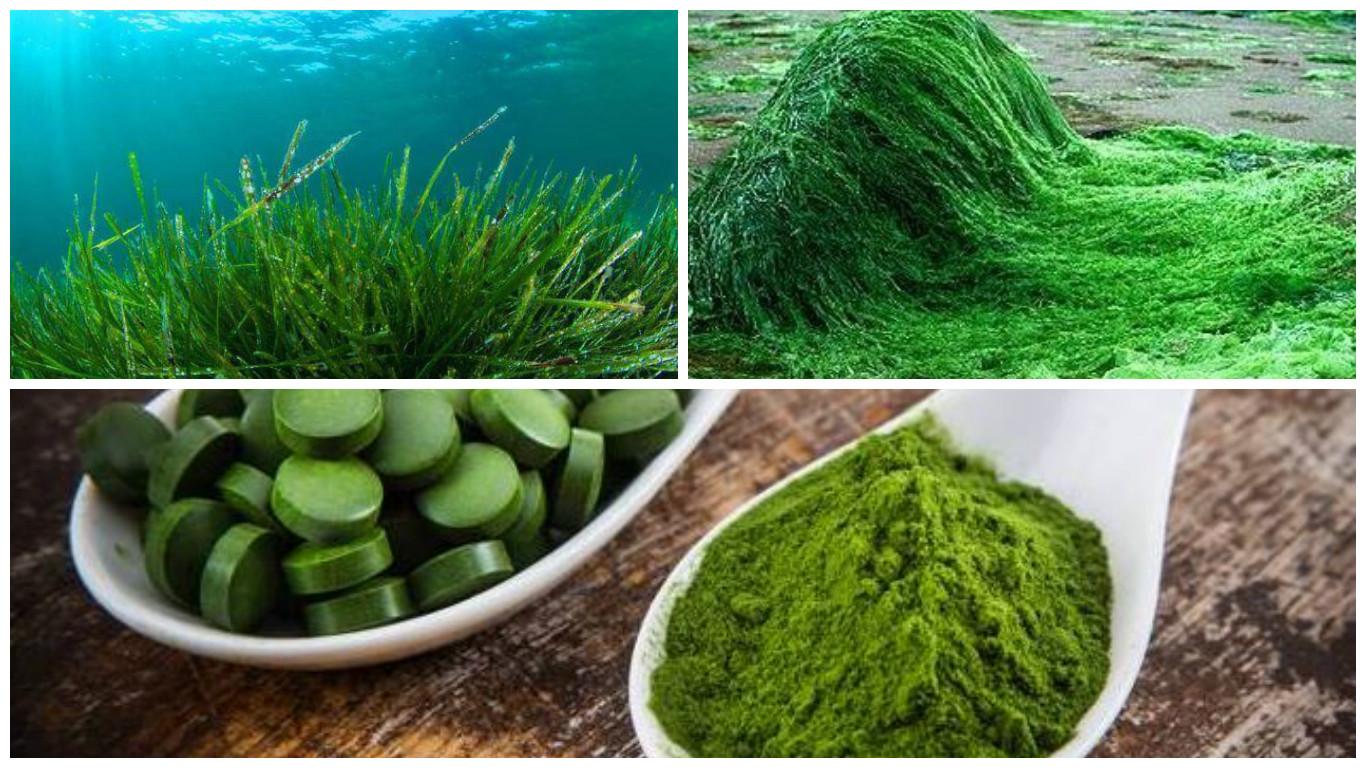Spirulina Is A Blue-Green Microalgae That Has Been Used As A Food Source For Centuries.

Spirulina is a blue-green microalgae that has been used as a food source for centuries. In recent years, it has gained popularity as a superfood due to its high nutritional value and numerous health benefits. This article explores the history, nutritional profile and benefits of spirulina in more detail.
History of Spirulina
Spirulina was consumed as early as 9th century by the Aztecs of Mexico and it formed a staple part of their diet. They collected spirulina from Lake Texcoco and believed it provided strength and energy. In 1966, French scientists research spirulina and found it to be 60% protein by weight. They realized its potential to combat world hunger and started mass cultivation of spirulina. Now spirulina farms exist across the world and it is recognized as a viable source of complete nutrition.
Nutritional Powerhouse
Spirulina is considered a nutritional powerhouse as it is packed with essential vitamins, minerals, antioxidants and proteins. Some key nutrients found in spirulina include:
- Protein: Spirulina contains around 60-70% complete protein by dry weight which makes it one of the best plant-based protein sources. The proteins in spirulina help build and repair tissues.
- Iron: Just 100g of dried spirulina powder provides about 11mg of iron which is more than what is found in beef or spinach. Iron helps generate red blood cells and carry oxygen throughout the body.
- Vitamin B12: It is one of the rare plant sources of vitamin B12. Just 1g of spirulina provides over 20 micrograms of vitamin B12 which aids in energy production and blood formation.
- Calcium: Spirulina is a great source of bioavailable calcium which is essential for building strong bones and teeth. 100g contains around 560mg of calcium.
- Magnesium: Magnesium helps regulate blood pressure and acts as a cofactor for hundreds of biochemical reactions in the body. A 100g serving provides 340mg of magnesium.
- Beta-carotene: Spirulina is loaded with beta-carotene, a form of vitamin A. It supports eye health and protects cells from free radical damage.
Health Benefits of Spirulina
With such a dense nutritional profile, spirulina offers numerous health benefits. Some of the key benefits include:
Boosts Immunity
Spirulina contains various antioxidants like beta-carotene, vitamin C and antioxidative enzymes that fight free radicals and protect cells from damage. Regular intake can boost overall immunity.
Detoxifies the Body
Spirulina helps detoxify heavy metals like mercury, cadmium, lead etc from the body. Its phycocyanin content supports liver function for improved detoxification.
Supports Muscle Growth
The high-quality proteins in spirulina help build and maintain muscle mass. Studies show its proteins are more easily digested than other plant proteins.
Controls Blood Sugar Levels
Spirulina regulates insulin sensitivity and secretion which helps maintain optimal blood sugar levels. This makes it beneficial for diabetics and pre-diabetics.
Enhances Brain Function
Spirulina is a good source of essential fatty acids like GLA which promote brain health. Regular intake may benefit conditions like depression and age-related cognitive decline.
Promotes Heart Health
Its magnesium and antioxidants help lower blood pressure and improve circulation. Studies found spirulina may reduce LDL cholesterol, protect arteries and lower heart disease risk.
Aids in Weight Management
High-protein foods like spirulina help suppress appetite and boost metabolism. It provides sustained energy without added calories making it suitable for weight loss diets.
Ways to Consume Spirulina
Some easy ways to add spirulina to your diet include:
- Mixing powdered spirulina into smoothies, overnight oats or yogurt for added nutrients.
- Adding a teaspoon of spirulina powder to liquid food items like soups or curries for extra nutrition.
- Taking spirulina tablets or capsules as recommended on the packaging.
- Using spirulina in baked goods like cookies or energy bars for an nutritional boost.
- Adding a pinch of spirulina crystals to salad dressings and fresh juices.
Spirulina is a microalgae packed with a dense, wholesome nutrition profile. Regular intake can help boost immunity, support detoxification, improve heart health and regulate blood sugars. With such powerful benefits, spirulina truly earns the title of a ‘superfood’ and should be included in a balanced, whole foods diet.
Get More Insights On Spirulina
- Art
- Causes
- Crafts
- Dance
- Drinks
- Film
- Fitness
- Food
- Игры
- Gardening
- Health
- Главная
- Literature
- Music
- Networking
- Другое
- Party
- Religion
- Shopping
- Sports
- Theater
- Wellness
- IT, Cloud, Software and Technology


